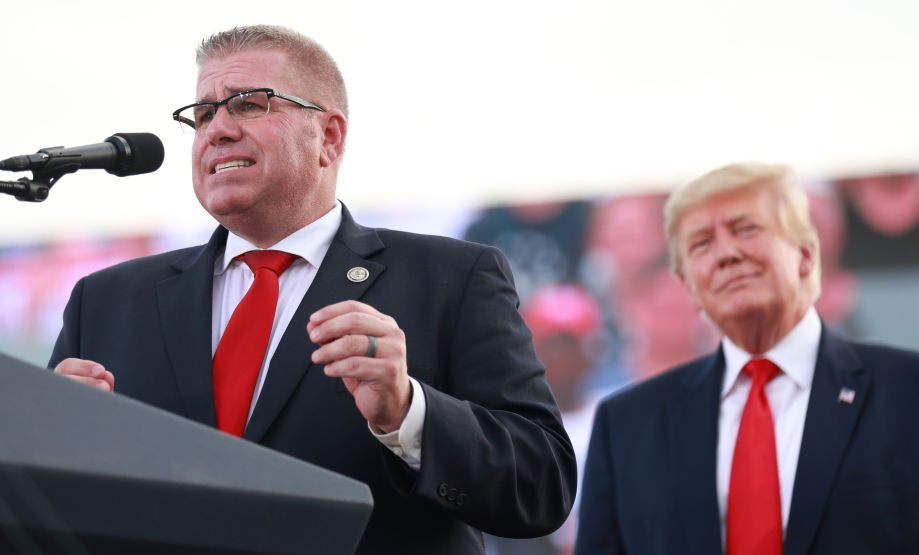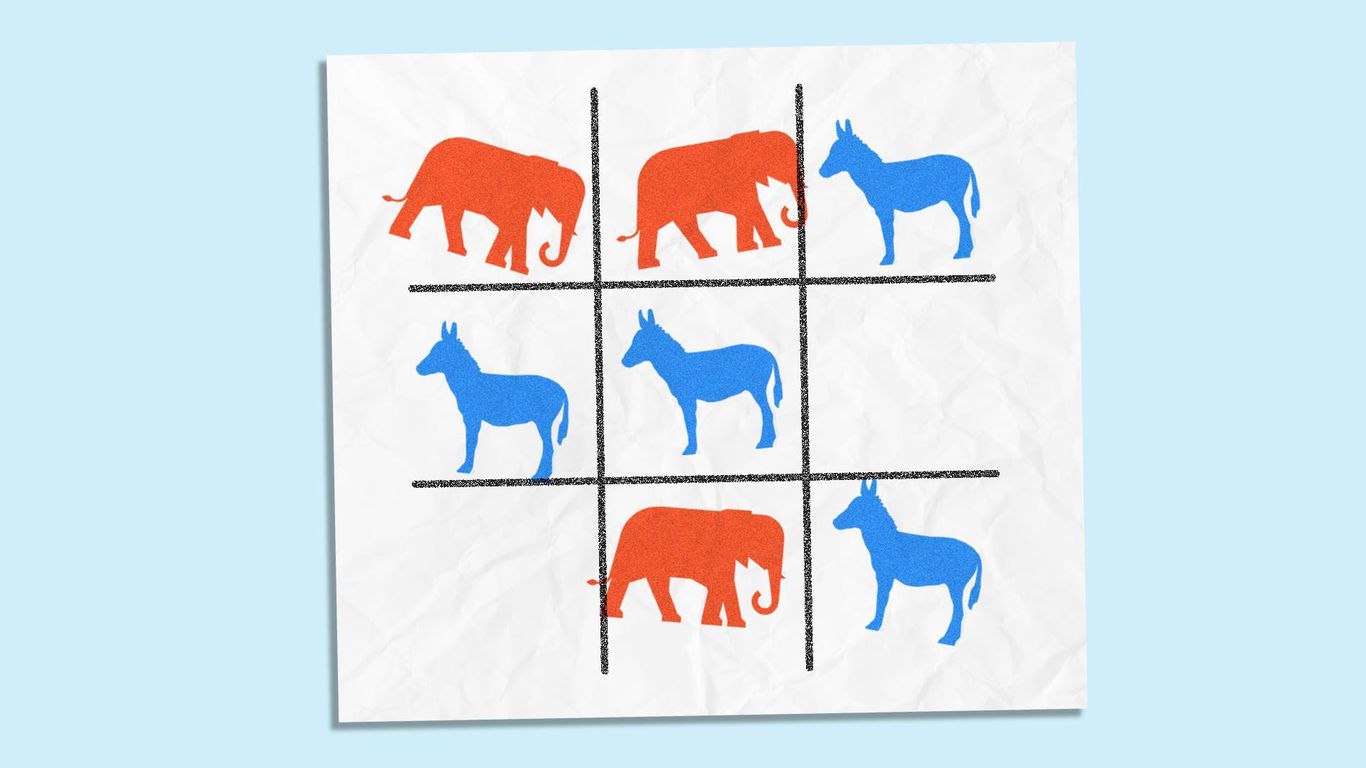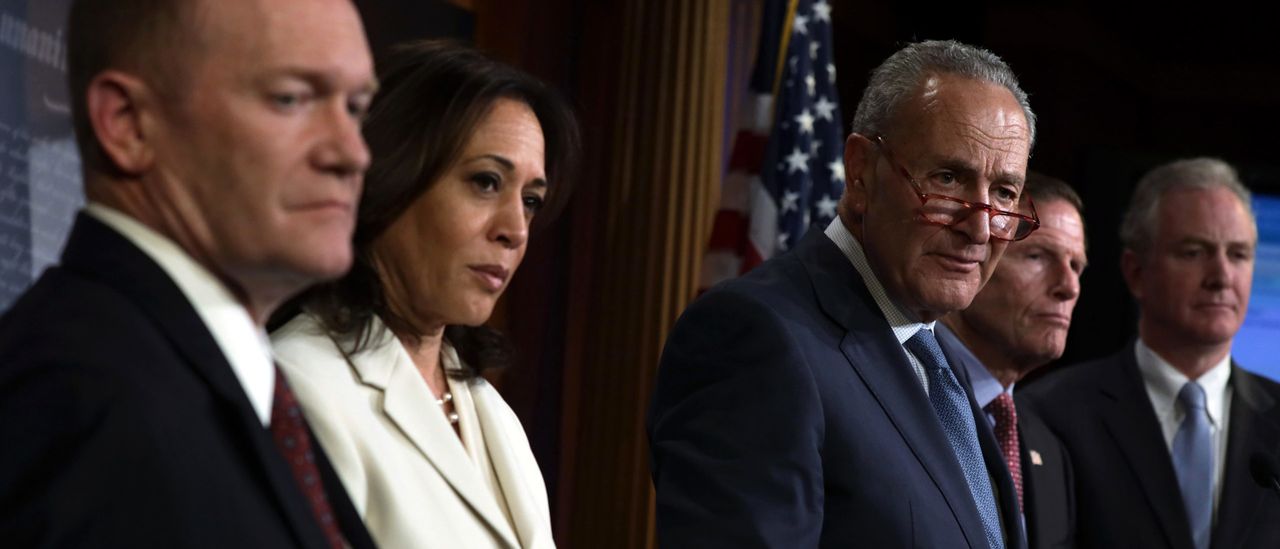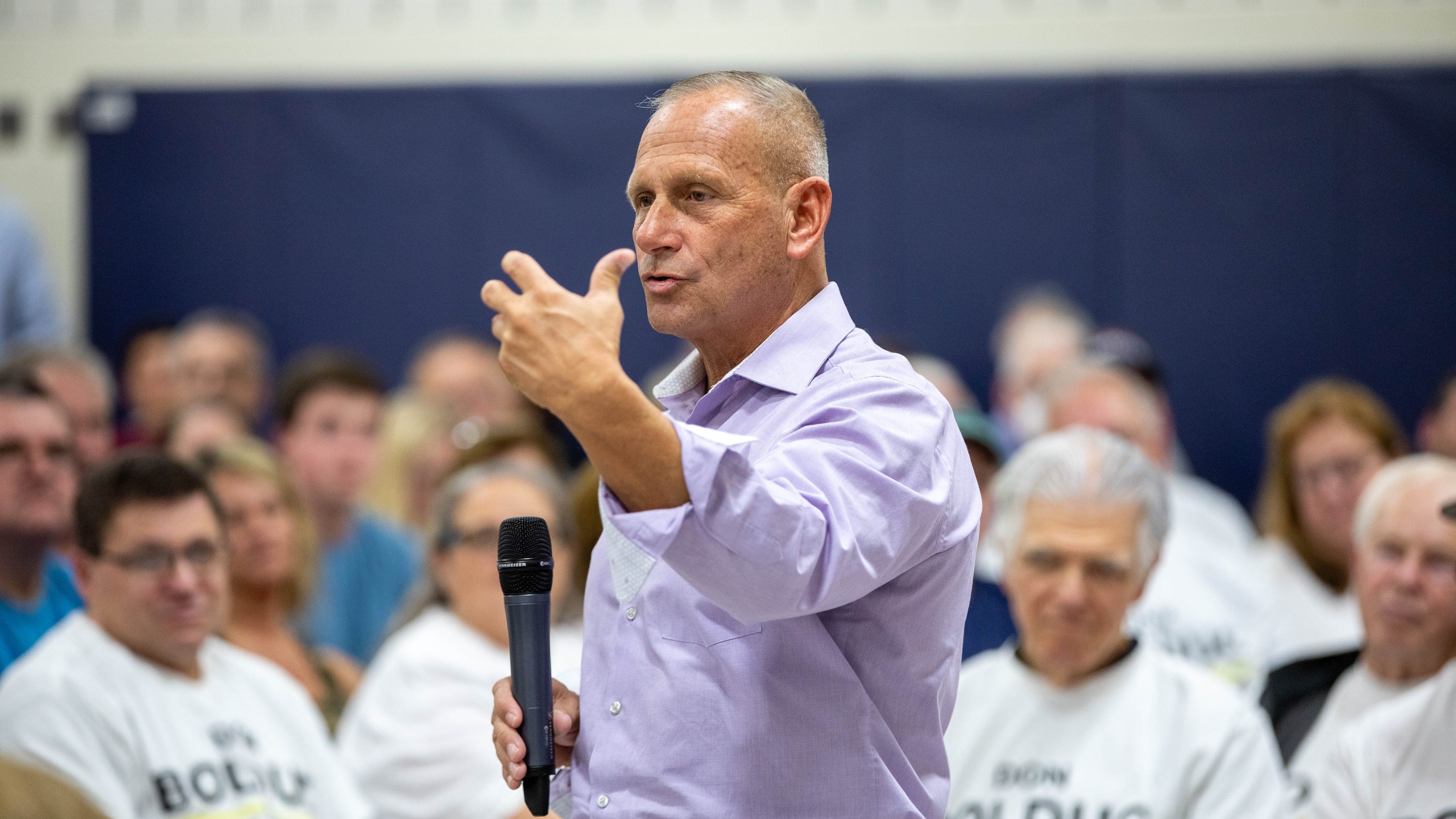Is that actually a thing? I found it hard to believe the first time I heard it. Not the that I think it's wrong, but it's new on me.
It was definitely a thing in this election; it's been documented how Democrats (or at least Democrat-aligned groups, but I'll say "Democrats" to keep it simpler) put money behind more fringe Republican candidates during their primaries with the strategy that they'd then lose the main election. Actually it's been discussed in a bunch of topics here; I'm a little surprised you didn't hear about it before.
Even before the general election this strategy was being noted by various sources:
Democrats spent nearly $44 million on advertising campaigns to influence Republican primaries across five states.

www.opensecrets.org
The six races in which Democrats spent money now look close to unwinnable for Republicans.

www.axios.com
Democrats Are Running A Risky Midterm Gambit And Hoping To Heck It Doesn’t Backfire

yournews.com
And here are some post-election articles noting the success of this strategy:
After Democrats poured millions into Republican primaries, their efforts paid off Tuesday, with every one of these boosted candidates losing their race.
www.usatoday.com
A number of examples are given, but here's a particularly relevant excerpt for the purposes of this discussion (from the NPR link):
In Pennsylvania, Josh Shapiro defeated Republican Doug Mastriano, months after Shapiro's campaign spent $840,000 on TV ads during primary season to raise the profile of Mastriano, an election denier who "took a busload of people to Washington, D.C., on Jan. 6, 2021, [and] has been subpoenaed by the House committee investigating the attack on the Capitol," as NPR reported.
So as was noted in my original message, Josh Shapiro, the Democratic nominee for governor of Pennsylvania, spent a bunch of money--close to a million dollars!--promoting his eventual opponent during primary season, under the logic that the extreme Mastriano would be easier to defeat than a more moderate Republican. And it worked! Shapiro
squashed Mastriano in the general election, winning by 15% in a swing state! For comparison, while Mehmet Oz (Republican candidate for Senate in Pennsylvania) also lost, it was by a narrower margin of 5%. Note there does not appear to have been similar Democratic meddling in the Senate primary.
And it should be noted, that "close to a million dollars" was actually far less than in some other races. The article also mentions:
In Illinois, incumbent Gov. J.B. Pritzker and the Democratic Governors Association spent tens of millions of dollars to aid the bid of Republican Darren Bailey — whom Pritzker handily defeated.
But don't you have to be a member to vote in the primaries? Or, and this really messes with my head, are they actually bankrolling people they think are no hopers? So if I wanted the GOP to lose, I'd fund Trump's campaign?
Say it ain't so. Please don't tell me a political system is so messed up that it allows this.
Note: Feel free to insert any Anglo Saxon term you feel is applicable in lieu of 'mess.
The way primaries work vary from state to state. Some states require you to be a formal member of the party to vote in the primary, whereas some--like mine--let you vote in either primary, but you can only vote in one (so, for example, if I vote in the Democratic primary for Senate, for the primary for governor I an limited to the Democratic primary; I cannot cannot vote in the Democratic primary for Senate and also the Republican primary for governor). As for the ones that require you to be a member of the party, the ease of party switching varies. Some have a rule saying you have to switch a certain number of months before the primary, but I think some allow you to basically switch, vote, then switch back.
That said, it's not really a matter of getting people from one party to vote in the other party's primary; that takes a lot of organization and is tricky to pull off even in a system of completely open primaries. No, what happened was that (as noted above), Democratics or Democratic-aligned groups spent a bunch of money to run ads to back a more extreme candidate in a Republican primary in the hopes they would win and it would lead to an easier Democratic victory in the general election.
It was definitely a risky strategy. I do remember back in 2016 there were definitely Democrats who wanted Trump to get the nomination in the hopes the Democrats would win as a result (not sure if any actual money was spent), but that obviously didn't work out for them. And going into this election there were people wondering if the strategy would backfire and instead result in a bunch of extreme candidates being elected. But at least this time, it seems to have worked out pretty well for the Democrats.
Not to say there weren't clear cases of wasted money. Not all of the Democrat-backed candidates actually won their primaries. For example, in the Senate election in Colorado, Democrats spent $2 million backing election denier John Hanks in the Republican primary, but Hanks lost to Joe O'Dea. But then Joe O'Dea went on to lose the general election pretty badly anyway, so that was basically a bunch of money spent to accomplish nothing.
But, still, it is definitely and clearly true that Democrats had the strategy of spending a bunch of money in primary elections to back extreme Republicans in the hopes they'd then lose really badly in the general election, and in a good number of cases it worked.




